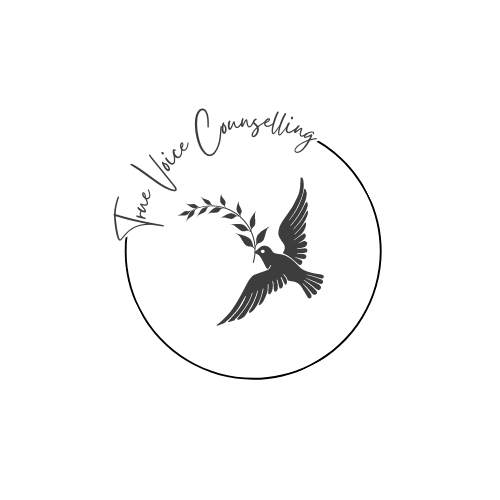Therapy versus Therapeutic
I went out for a run today and found myself reflecting on how good it feels to move my body, breathe fresh air, and give my mind space to wander. Some of my best ideas come during those quiet miles — when I’m free from distractions and able to tune into my thoughts.
It reminded me of how often people say things like, “Running is my therapy,” or “Yoga feels like therapy,” or even “A good book is all the therapy I need.”
I get it. These activities bring comfort, release, and a sense of connection. They help us feel better in the moment. And they absolutely have therapeutic benefits — lifting mood, boosting health, sparking creativity, and sometimes building community.
But are they therapy?
Here’s how I see it.
Therapeutic vs. Therapy — Why the Difference Matters
Think of it this way:
You probably brush your teeth every day. It’s a habit that protects your dental health, helps prevent cavities, and keeps things ticking along. But even with diligent brushing, you’ll still need to see a dentist now and then — because some things require a trained professional. You wouldn’t expect to fill your own cavity or diagnose a hidden issue with a toothbrush alone.
The same goes for emotional and mental health. Activities like running, yoga, reading, or painting can support your well-being — much like brushing your teeth supports oral health. But when it comes to understanding your patterns, navigating trauma, or healing relational wounds, professional support can make the difference between coping and truly healing.
Why Choose Therapy?
1. We’re Not Meant to Heal Alone
You are the expert on your life. But even experts need allies. Healing often requires a relationship where your story is held with care, reflection, and curiosity. Therapists are trained not to fix you, but to walk alongside you — helping you see blind spots, challenge limiting patterns, and reconnect with your own wisdom.
2. Therapy Offers a Relationship Unlike Any Other
It’s rare to have a relationship dedicated solely to your growth, your feelings, and your story. In therapy, you meet consistently in a space where you are deeply heard — not out of obligation, but with genuine attention and professional care. This consistent, boundaried connection provides the safety needed for real exploration and change.
3. Healing Means Facing What Hurts — With Support
Deep wounds don’t heal through willpower alone. They often sit beneath layers of self-protection built up over time — patterns that once kept you safe but now hold you back. Therapy offers a space to understand those defenses and work with them compassionately, not against them. With time and trust, this process helps you access your natural capacity for growth, resilience, and healthy connection.
Therapy Isn’t the Only Path — But It’s a Unique One
There are many ways to care for your well-being: creative expression, movement, meaningful relationships, spiritual practice, time in nature. These all weave into your healing journey. But therapy provides a distinct environment — one where a skilled, attuned professional holds space for your inner world with care, insight, and ethical responsibility.
It’s not about having someone else fix you. It’s about having a trusted companion as you do the brave work of healing.
If this resonates with you — if you’re wondering whether therapy could be part of your healing journey — I’d love to explore that with you. You don’t have to walk this path alone.
